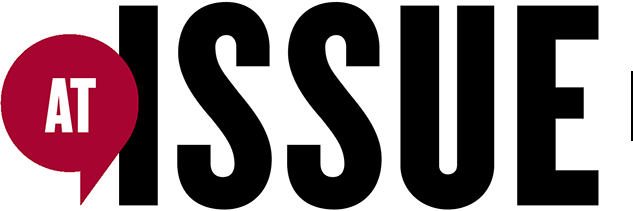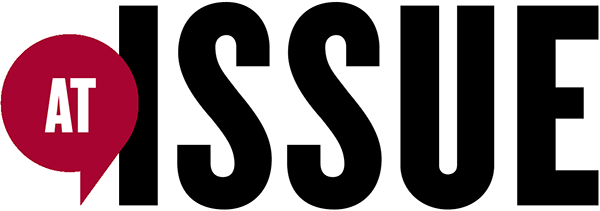Opinion


Ballard Spahr’s Journey Toward Equity

The achievement of a diverse workforce is a goal that cannot be left to chance. Today’s business leaders must act purposefully in establishing the importance of diversity, equity, and inclusion in their strategic plans. From attracting the best talent and valuing and investing in employees, to providing excellent service to a diverse client base, diversity, equity, and inclusion are essential in today’s competitive environment. Law firms may need to be first movers in some instances, but ultimately must take a methodical, deliberate, and reflective approach to building and cultivating a diverse workforce.
At Ballard, we came to understand that true diversity — representation across varied perspectives, backgrounds, and experiences — was possible only if we committed to two essential companion principles: equity and inclusion. Inclusion happens when we engage and integrate colleagues from all backgrounds, empowering them to contribute their perspectives and ideas. We incorporated the concept of inclusion into our diversity strategy in 2014. The adoption of equity into our diversity and inclusion strategy, in November 2021, was a natural evolution that reflects our firm culture and society at large. Our commitment to equity ensures that everyone has access to resources and opportunities that lead to success and removes barriers for those who may not have had full access to resources and opportunities in the past.
Ballard has sought to be a Diversity, Equity, and Inclusion leader. Our efforts have been led by a full-time diversity professional since 2006, and in 2011, when we elevated the position to Chief Diversity Officer, we were among just a few large law firms to have taken that step. Being a thought leader does not necessarily mean we value being a first mover in all things, however.
Our Diversity, Equity, and Inclusion Council wanted the firm to be thoughtful in incorporating equity as part of our diversity and inclusion core values. We sought to understand and define what a commitment to equity would mean for Ballard, how it would look and feel, and how we would achieve it. Our intention was not to add equity as a performative gesture or out of social pressure, but as a genuine, informed, and deliberate shift in mindset and behavior.
Why add equity? The killing of George Floyd, Ahmaud Arbery, Breonna Taylor, and so many others. Hate crimes targeting Asian Americans. Voting restrictions that disproportionately impact communities of color. A heightened awareness of racial injustice. Pandemic-related gender and racial disparities. These and other societal scars shifted expectations; leaders were expected not just to talk about diversity, equity, and inclusion, but to drive social change.
Our words and actions make clear where we stand as a firm, and that certainty is especially important to our diverse lawyers and staff. They know that no matter what they may face outside the firm, they have our full support.
While our primary focus on equity is introspective, we have increased our commitment to addressing inequities in the justice system. The Litigation Department launched the Racial Justice and Equality Initiative, through which litigators take on pro bono cases that specifically address racial justice issues, such as policing, education, and voting rights. The firm’s Asian American Business Resource Group spearheaded pro bono work to address anti-Asian American and Pacific Islander violence. Our Media and Entertainment Law Group is representing Black-owned media outlets and news media that primarily serve communities of color. We provide financial support to partner organizations engaged in tackling racial injustice and inequity.
What actions are we taking within Ballard? We are reviewing our policies and practices to ensure that they do not confer an advantage on one group of people not shared by others. We know that certain practices — interviewing only at certain law schools, for example, or transitioning client responsibilities from a senior to a junior Partner without forethought — can work to the detriment of lawyers of color and women. If we determine that a practice does a disservice to some individuals, we will change it. We are looking at the actual impact of colorblind and gender-neutral policies. We are examining our election and leadership selection processes for negative bias.
The Diversity, Equity, and Inclusion Council’s Working Groups are collaborating with the board on its Implementation Plan. The working groups also are assessing the results of our firm-wide Diversity + Inclusion Survey to identify ways we can examine and address bias. We are looking at data through an equity lens and generating more data with race/ethnicity details. We are examining the concept of equity in our hybrid work plans. We are developing metrics to look at areas related to bias.
Accountability for diversity, equity, and inclusion is shared among leaders across the firm not just within the Diversity, Equity, and Inclusion Department, the Diversity, Equity, and Inclusion Council, and the elected board.
Ballard Spahr is committed to unlocking the potential of diverse talent and delivering superior results for clients. Embracing diversity, equity, and inclusion is the right thing to do for our firm, our profession, our communities, and our business.